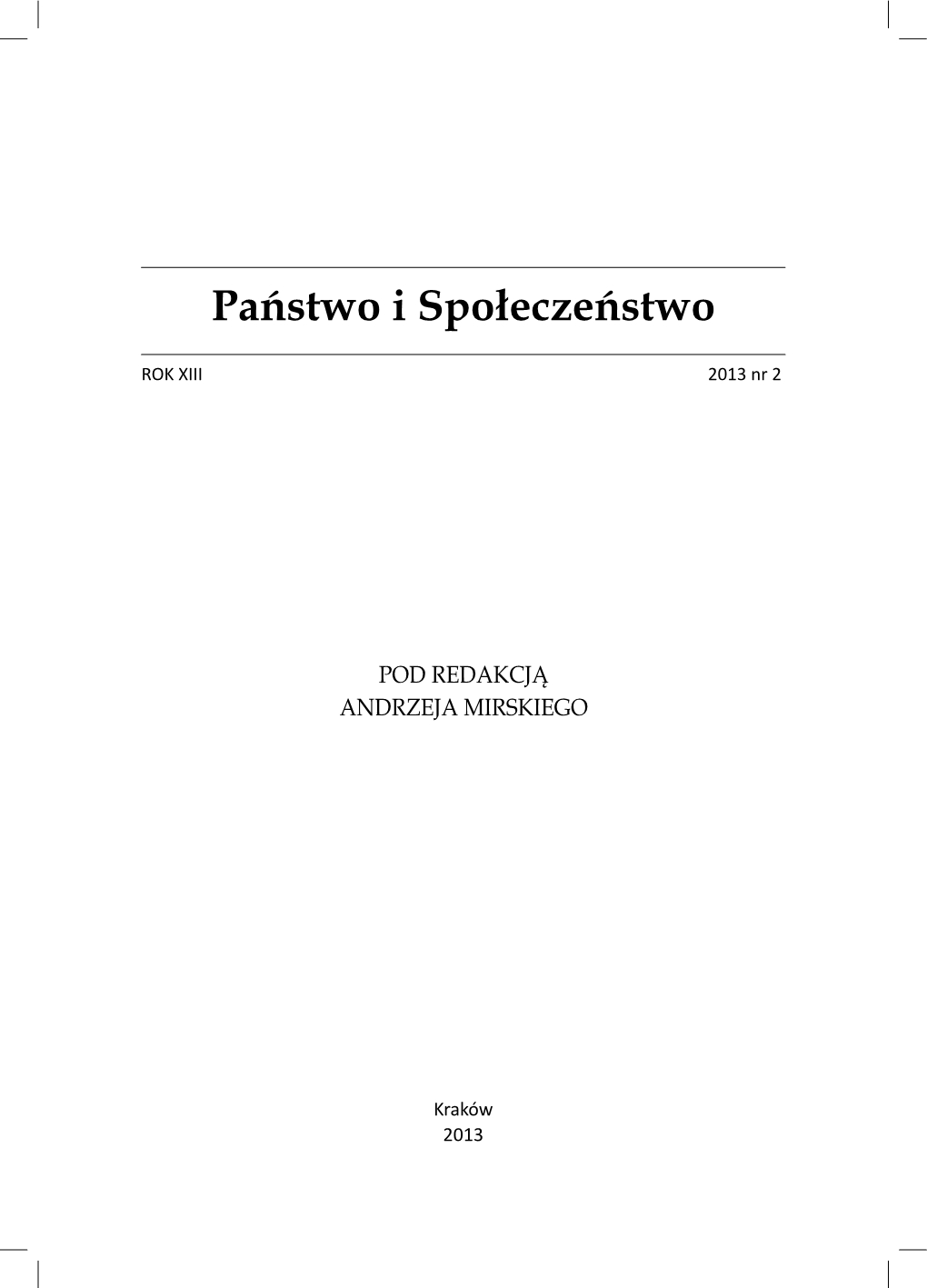Zarządzanie jakością życia w wieku senioralnym: uczestnictwo w Klubach Seniora jako forma zapobiegania depresji
Managing the quality of life in old age: participation in senior clubs as a form of prevention of depression
Author(s): Marta Szpak, Katarzyna Jania, Dorota Mochel, Kornelia Ożóg, Wiesława Pilip, Przemysław RybakSubject(s): Psychology, Sociology, Social psychology and group interaction, Gerontology
Published by: Oficyna Wydawnicza AFM Uniwersytetu Andrzeja Frycza Modrzewskiego w Krakowie
Keywords: Depression; depression in the elderly; suffering; Senior Clubs; social capital; social relationships; environmental factors; reduced activity; friendship; happiness; quality of life; social support;
Summary/Abstract: The article was written by me and my students from the Faculty of Psychology and Humanities Academy of Krakow. Senior Clubs are a very good example of social capital as a network of social relationships between individuals who trust each other and have a reciprocal. People in the network tend to mutually support each other, help and exchange important information. Thanks to the participation in the Senior Clubs can contribute actively to prevent a serious threat occurring at the senior age, which is depression. According to the WHO, it is the fourth most serious health problem in the world, which are often the source of a signifi cant deterioration in mental functioning, physical and social disability, and suicide attempts. Depression in the elderly is more dependent on environmental factors than younger people. While younger people family burden found in about 80% in the elderly is at about 44%. This means that the depression at the senior age is much more driven by the social rather than biological factors compared with younger age groups. This also means that it is easier to prevent and treat using these social factors. One of the main causes of depression in the elderly is the depletion interaction with the environment, and reduced activity. Therefore, it is important to stimulate the activation of such persons, thereby reducing the risk of depression. Recent psychological research indicates a strong relationship of friendship with happiness and the length and quality of life. Friendship improves happiness through the creation of social support and a sense of belonging. The aim of our research presented in this article was to test the hypothesis that individuals who actively participate in the Senior Club are less depressed than those who do not participate. Our team conducted empirical research presented in this paper, allowed to confirm this hypothesis. Activity in the Senior Club provides activities, involvement and support of mental health, which may significantly prevent the development of depression. Of course, it is also probably the case that those who are already at risk of suffering from depression or her less likely to participate in the activities of the Senior Citizens Clubs. It is often associated with passivity, apathy and withdrawal from the social environment, and so often associated with symptoms of depression. However, even in such a situation, the primary treatment, usually bringing more interest in the world and people should encourage such people to actively participate in senior clubs. It is then treated as a kind of social therapy. Social and cultural activity in old age is a factor in increasing the quality of life, serving mental and physical health, increasing the level of happiness and reducing the level of suffering.
Journal: Państwo i Społeczeństwo
- Issue Year: XIII/2013
- Issue No: 2
- Page Range: 71-86
- Page Count: 16
- Language: English

